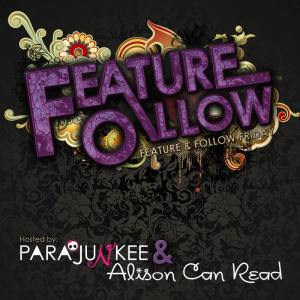Book Review - Cure: A Journey into the Science of Mind over Body by Jo Marchant
Cure: A Journey into the Science of Mind over Body
by Jo Marchant
The
connection between mind and body during illness has long been at the center of
a hot debate between the scientific and lay community, especially in Western
medicine. Opinions tend to the extremes. Medical convention usually downplays
the effect of the mind on healing. On the other end, New-Age nature babies
babble about auras and essences. (Commune with the Earth Mother, and while
you’re at it traipse through the woods and hug a squirrel.) In a balanced
scientific approach, Marchant, a geneticist and medical writer, offers a
thoughtful examination of the evidence in an attempt to answer the question:
can aspects of the mind be harnessed to cure the body?
Placebos and Stress
Marchant
investigates medical conditions with mental components. Placebos, for example,
are a staple of medical testing, purposely concocted to have no effect on
patients, yet they can. Placebos don’t change anything a person is not
consciously aware of, such as cholesterol levels. However, Marchant notes in certain
instances they are able to significantly alter pain, and can work better than,
or as well as, prescription medications. So much so, that even when people know they’re
given a placebo, they still receive a beneficial effect. Still, they’re rarely
studied. One reason is that placebos effects are often elusive and change
depending on the type of placebo, shape, size or color, even the gender and
culture of the patient. Marchant notes, “just because the benefits mediated by
placebos are mostly subjective, that doesn’t mean they have no potential value
for medicine.”
Another
area Marchant examines in detail is stress. Over time, stress can have
devastating physical consequences, since it actually has the ability to rewire
the brain. She delves into case studies involving the benefits of continuous
care and supportive interaction. One program called Comfort Talk, reduced the
need to sedate children needing MRIs—lessening the need for more medication. What
struck me most in much of the reporting in this book was how it often takes
only a very small change in treatment, requiring little money or effort, to
greatly improve the benefit for the patient. A large part of Comfort Talk, for
instance, is simply eliminating scary language.
Brains are weird.
Yes,
they are. Marchant has written a fascinating book. Cure is neither dry nor dull, and filled with personal stories of
patients and researchers, some amusing, some rather heartbreaking. Marchant
ends with a strong plea for more scientific research to fully understand the
role of the mind in health, but funding sources remain elusive. More than three
quarters of clinical trials are paid for by pharmaceutical companies who have
no interest in findings that won’t lead to the development of new drug
treatments. Here’s hoping at least a few CEOs will read this book and put
profit aside for the betterment of all.
I received this book
from Blogging for Books in
exchange for a
review.
L. A. Kelley writes fantasies with adventure, humor,
romance, and a touch of sass. You can find her at http://lakelleythenaughtylist.blogspot.com




Comments
Post a Comment